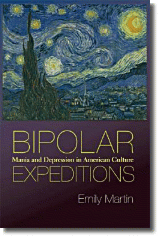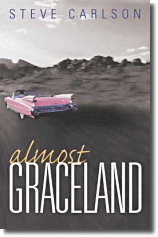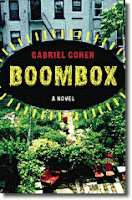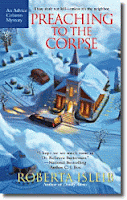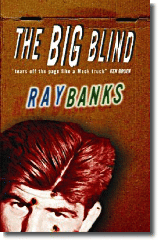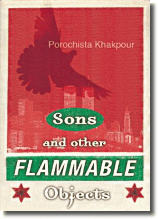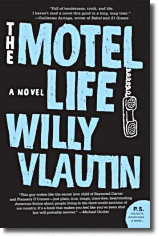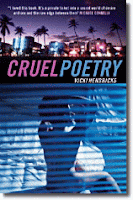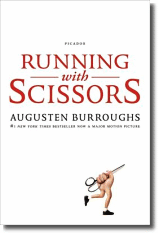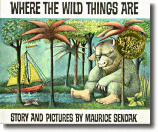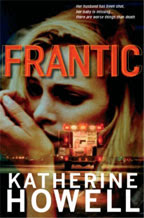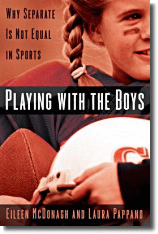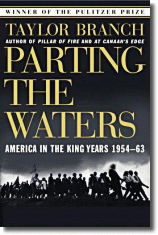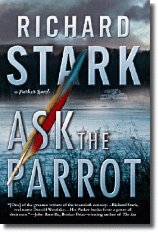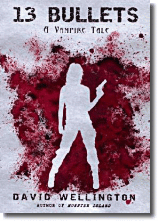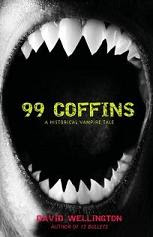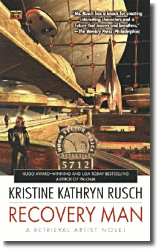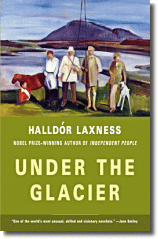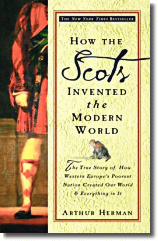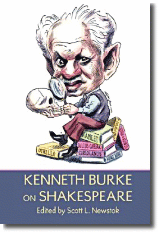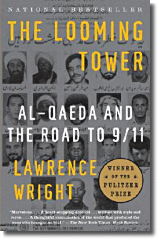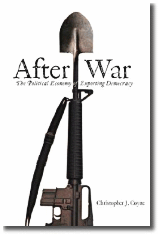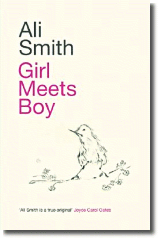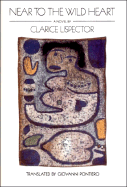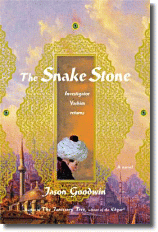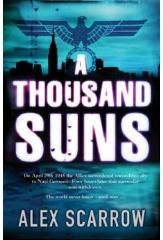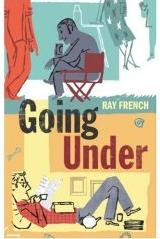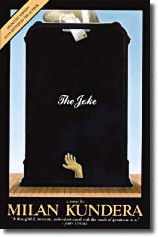The current feature at
the Page 99 Test: Gary McKinney's Slipknot.
About the book, from the publisher:
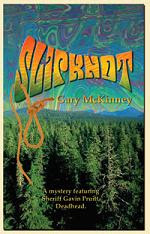 Slipknot is mystery with an ecological twist, featuring Gavin Pruitt, Willapa County Sheriff and Deadhead. Pruitt’s county is in Southwest Washington State, where Black Bear Ridge, the last 1,000 acres of old-growth forest in the region, is up for sale. But then world-famous ecologist John Carpenter is murdered, which sets the process on its ear and the mystery in motion. Carpenter’s Environmental Impact Statement is missing, and nobody — neither environmentalists or logging companies — can get their hands on the old-growth until it is found. With the country watching, Pruitt’s small town ways come under national scrutiny: How could a Deadhead get elected county sheriff in the first place? And how could he possibly solve this crime? The suspects mount: a radical environmental group ANGER (A Noble and Green Earth will Remain); multi-national logging companies; an Asian timber cartel; and locals who see the old-growth as their economic salvation.
Slipknot is mystery with an ecological twist, featuring Gavin Pruitt, Willapa County Sheriff and Deadhead. Pruitt’s county is in Southwest Washington State, where Black Bear Ridge, the last 1,000 acres of old-growth forest in the region, is up for sale. But then world-famous ecologist John Carpenter is murdered, which sets the process on its ear and the mystery in motion. Carpenter’s Environmental Impact Statement is missing, and nobody — neither environmentalists or logging companies — can get their hands on the old-growth until it is found. With the country watching, Pruitt’s small town ways come under national scrutiny: How could a Deadhead get elected county sheriff in the first place? And how could he possibly solve this crime? The suspects mount: a radical environmental group ANGER (A Noble and Green Earth will Remain); multi-national logging companies; an Asian timber cartel; and locals who see the old-growth as their economic salvation.
Yet besides a ripping good mystery, Slipknot reveals the inner and outer character of Sheriff Gavin Pruitt. A Deadhead from the sixties whose first Grateful Dead concert was at the Eagles Ballroom during the “Quick and the Dead” tour, Pruitt may now represent the establishment, but he has not forgotten his roots. As his friend Marion Jones points out: “You can cut the hair off a Deadhead, but you can’t cut the Deadhead out of Gavin.” This, then, is the crux of Pruitt’s character development: how do people who embraced the ethos of the sixties not become their parents? How do they continue striving to create change within the establishment even as they become the establishment? As one reporter says to Pruitt: “It’s hard to imagine a Deadhead peacenik out busting heads.” To which Pruitt responds: “We don’t bust heads in Willapa County. We establish positive neighborhood relationships and foster proactive community networking.”
Pruitt loves the Dead, but he especially loves the lyrics to their songs, using them to help him makes sense out of what can often seem a chaotic and brutal world. After a stressful run-in with a fanatical right-winger, for example, Pruitt muses that “He was behaving in ways he didn’t recognize — some peckerwood smokey on the take. As the Dead put it, he was feeling like a stranger — to love, to himself as a man, as an officer of the law.”
Pruitt also deals with the loves in his life: his daughter, his girlfriend, and the mysterious and alluring Olwen Friday, a recluse living in a magical home on the edge of Black Bear Ridge. Plot twists begin revealing a parallel to how people treat one another and how they treat the environment. Indeed, the selfish abuse of a daughter mirrors the equally selfish abuse of the land and the earth.
Among the early praise for
Slipknot:
Gavin Pruitt, the hero of "Slipknot" ... is an unlikely combo plate of a hero — he's both a sheriff and a dedicated Grateful Dead fan. Bellingham resident Gary McKinney (himself a writer-musician combo plate) places his laid-back cop in a fictional county in Southwest Washington, investigating the murder of an ecologist.
Meanwhile, loggers and "greenback" environmentalists lock horns and Gavin also has to deal with his current lover, a sexy (and aggressive) ex-lover, a daughter, and a variety of rascals — some of whom are trying to scare the bejesus out of him. This is great fun, though the frequent references to Dead lyrics sometimes seem a little strained to me. (Then again, what do I know? I was never a serious Deadhead.)
--Adam Woog, Seattle Times
Read
an excerpt from Slipknot and learn more about the novel at
the Kearney Street Books website.
Gary McKinney is a technical writer, rock 'n roll musician, and novelist. His first two Kearney Street Books novels were
If You Want to Get to Heaven and
Choosing.
The Page 99 Test: Slipknot.
--Marshal Zeringue
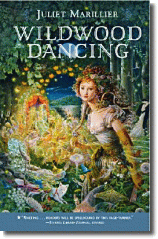 The current featured contributor to Writers Read: Juliet Marillier, author of several highly popular fantasy novels for adults, including the Sevenwaters Trilogy and the Bridei Chronicles, as well as novels for young adults.
The current featured contributor to Writers Read: Juliet Marillier, author of several highly popular fantasy novels for adults, including the Sevenwaters Trilogy and the Bridei Chronicles, as well as novels for young adults.read) the second book as soon as it came out.
